
Sustainable September
Space tech explores a new dimension in methane mitigation
Time2Graze uses satellites to optimize pasture-based grazing in a world-first initiative

Sustainable September
Time2Graze uses satellites to optimize pasture-based grazing in a world-first initiative
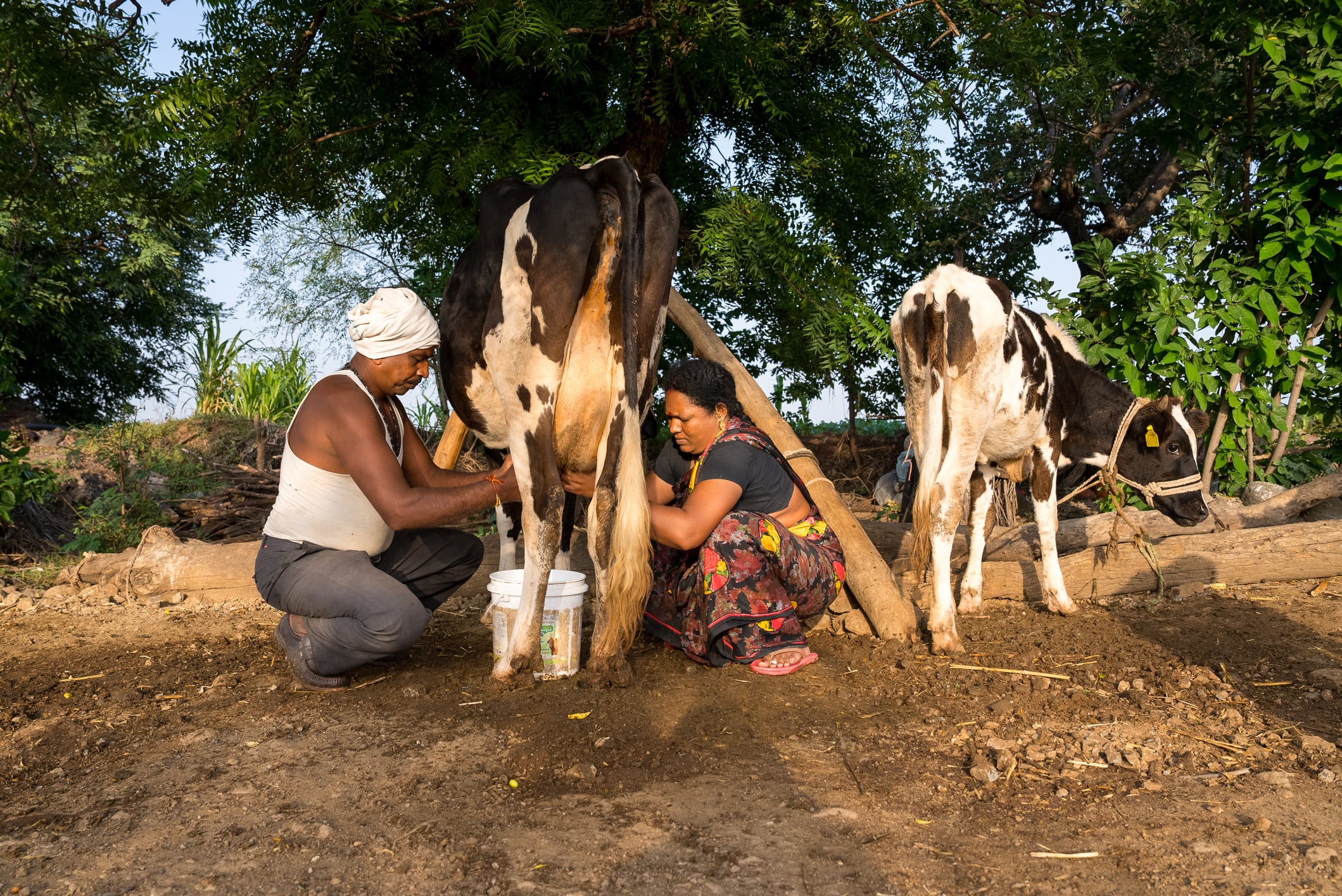
Sustainable September
Dairy’s climate progress hinges on productivity gains in markets like India: but the country’s milk production is one of the most carbon-intensive

Sustainable September
Fiat now incorporates recycled materials from used cartons into its vehicles. How much potential do cross-industry collaborations like this have?

What’s the optimal intake of animal-source foods?

Sustainable September
Industrial forests are more more vulnerable to high-severity fires, which may have implications for carbon permanence

Up the food chain
Bel Group plans on succeeding in animal-free dairy where others have failed. For chief venture officer Caroline Sorlin, who leads on Bel’s food-tech partnerships, timing is key
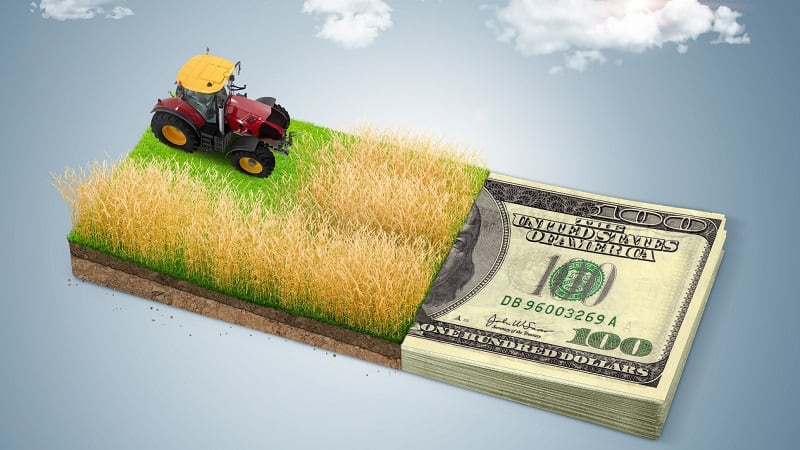
Lending rose 6% among Australian farms, with broadacre and dairy accounting for more than half of debt value amid ongoing economic strife.
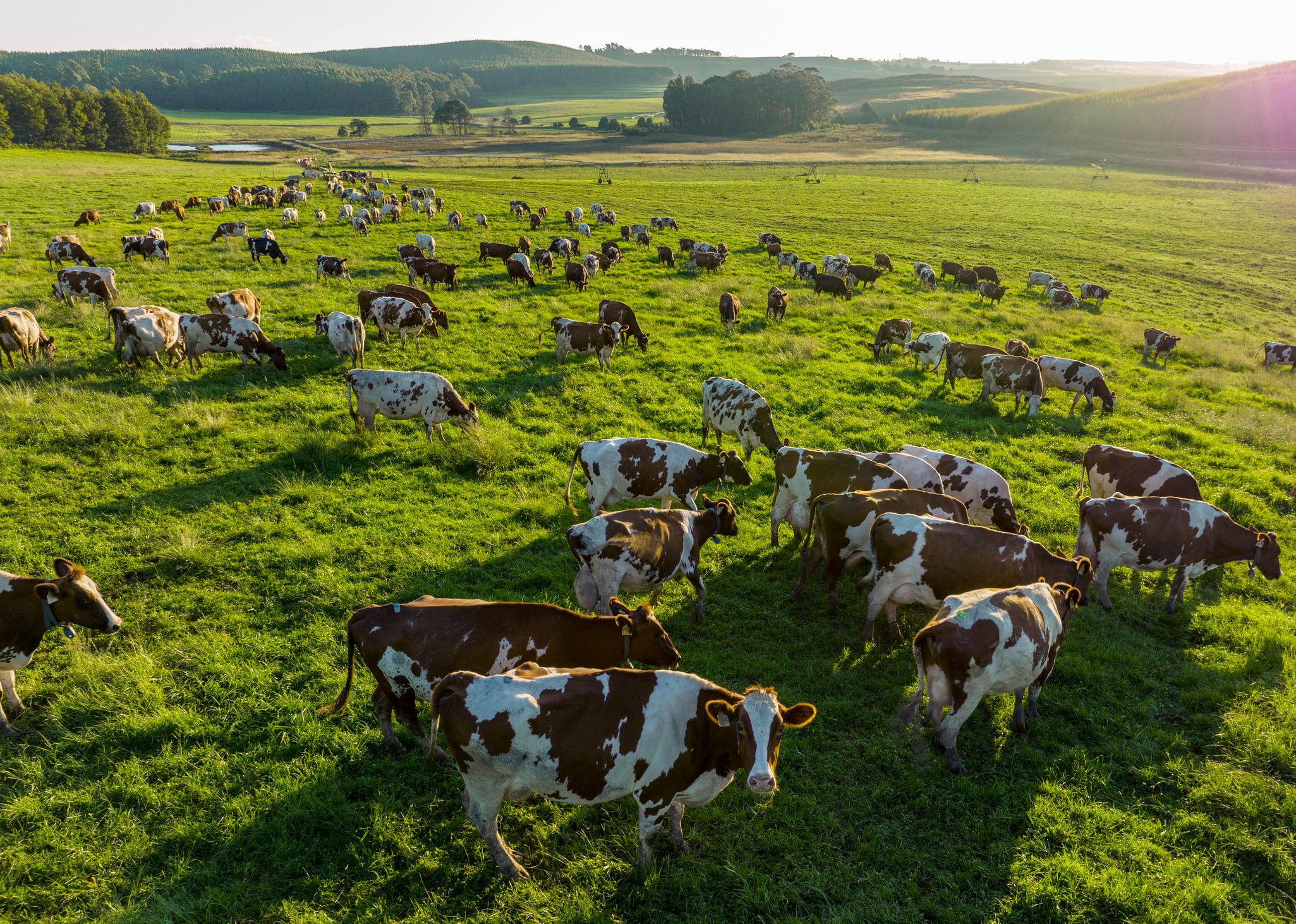
Sustainable September
Regulatory priorities may be shifting but climate risks, investor trust and consumer demand make industry action non-negotiable
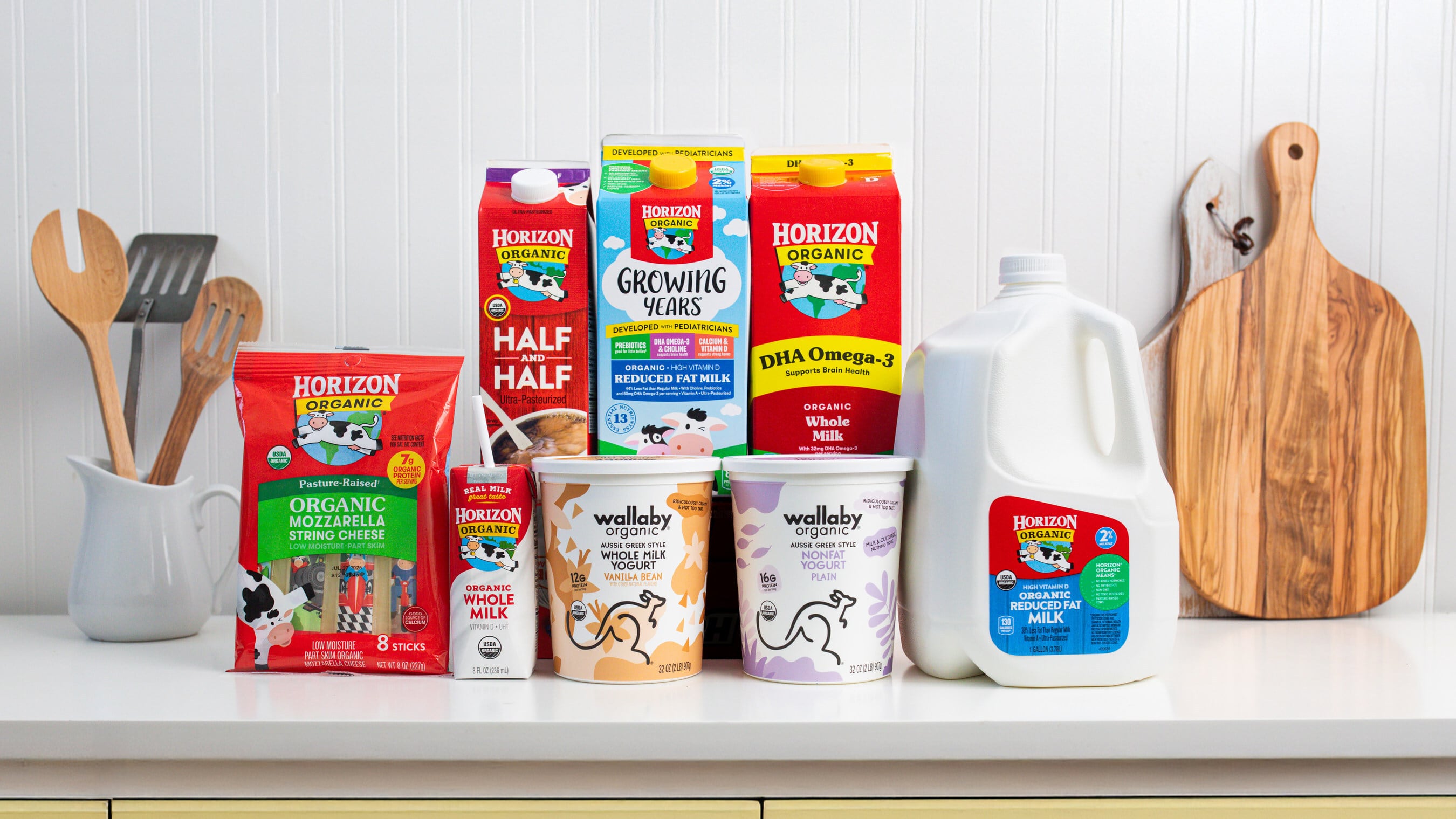
There are white spaces across categories and formats plus major M&A potential, says RaboResearch
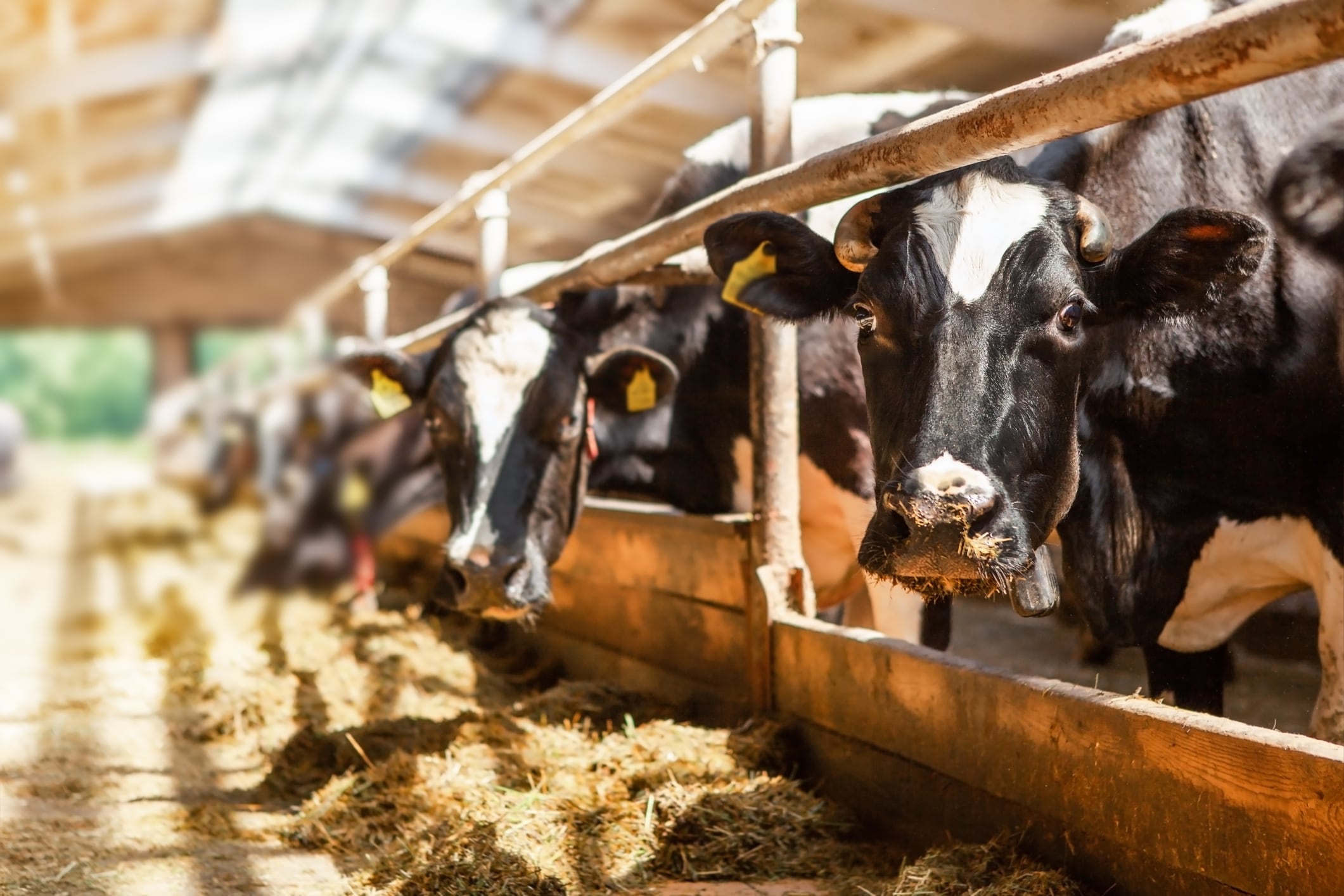
Proven to destroy up to 90% of dilute methane, Ambient Carbon’s tech could supercharge dairy companies’ climate goals, slash scope 3 emissions

Start-up Opalia is on a mission to prove its cell-cultured milk can be used to make an entire range of dairy products: from cheese to ice cream
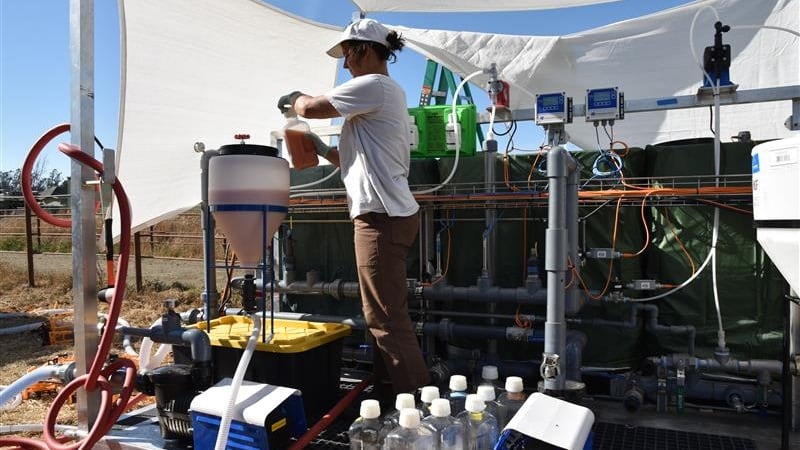
Methane-eating microbes (MEMs) are converting climate-harming gas into beneficial fertilizer
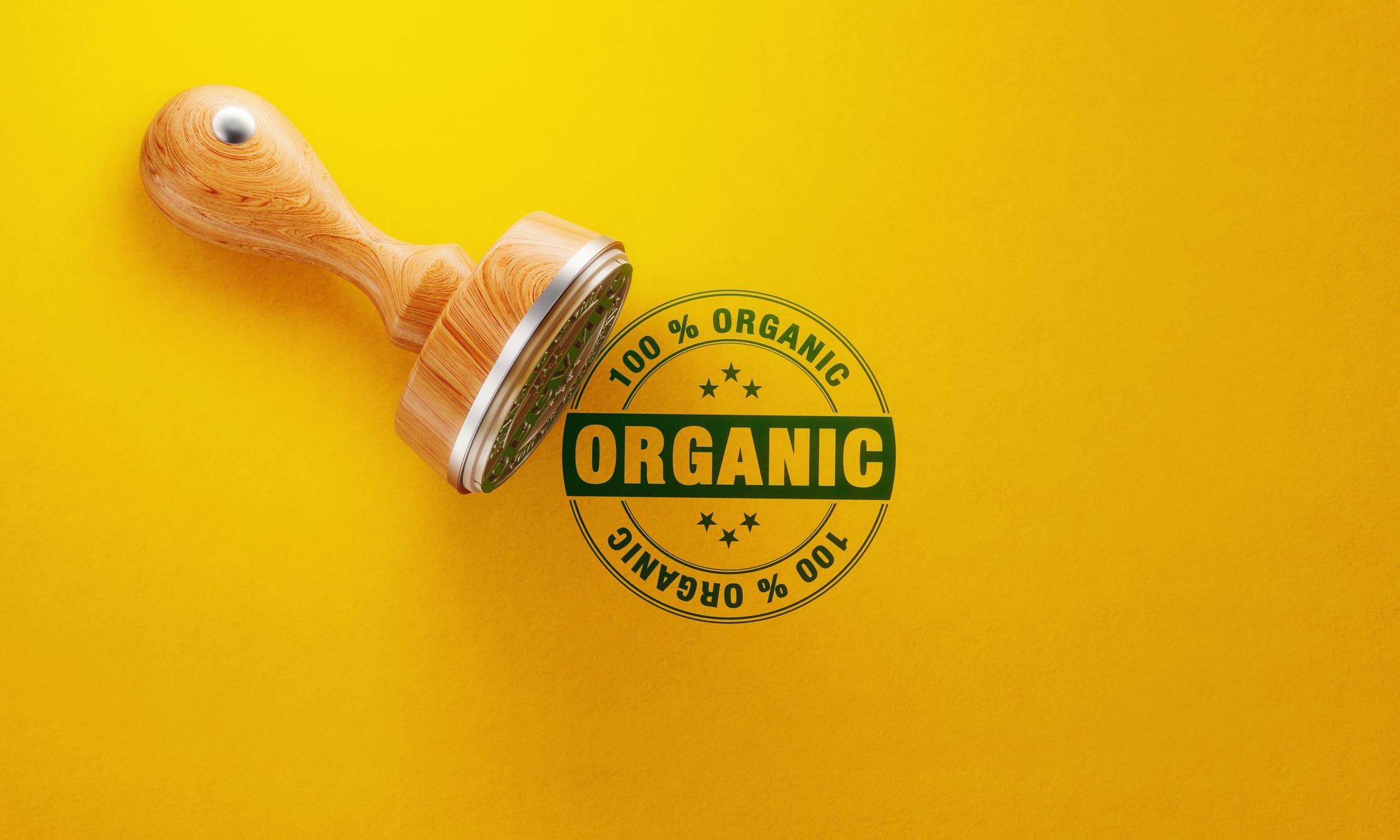
Natural food and drink products with sustainable label claims are flying off the shelves in the US: here’s why

Ajinomoto has partnered Solein to create protein-enriched ice cream targeting consumers that value nutrition, health and sustainability in their indulgences
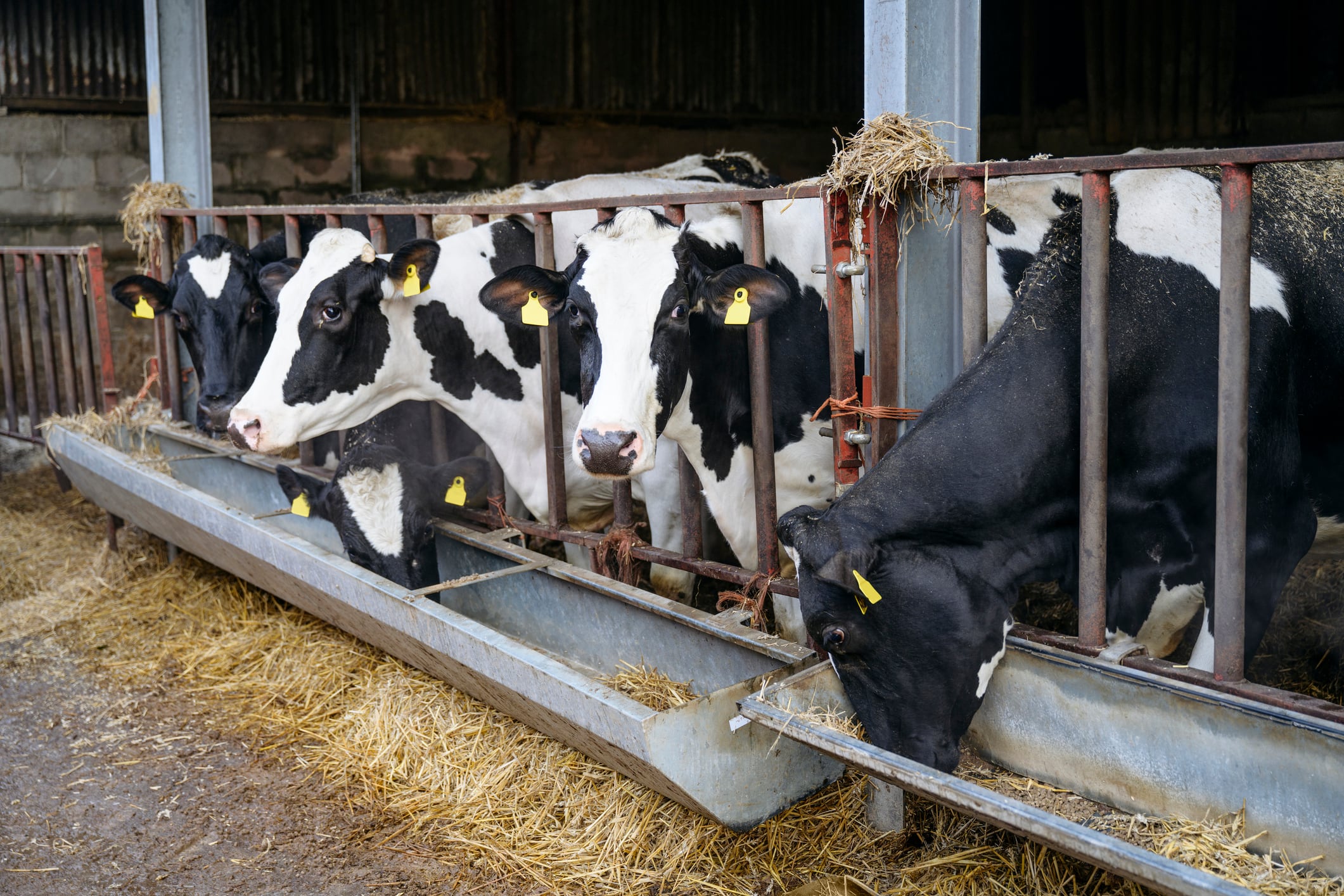
Data transparency is reportedly key to help UK dairy farmers unlock one of the most overlooked opportunities to reduce carbon emissions - the cow’s daily ration
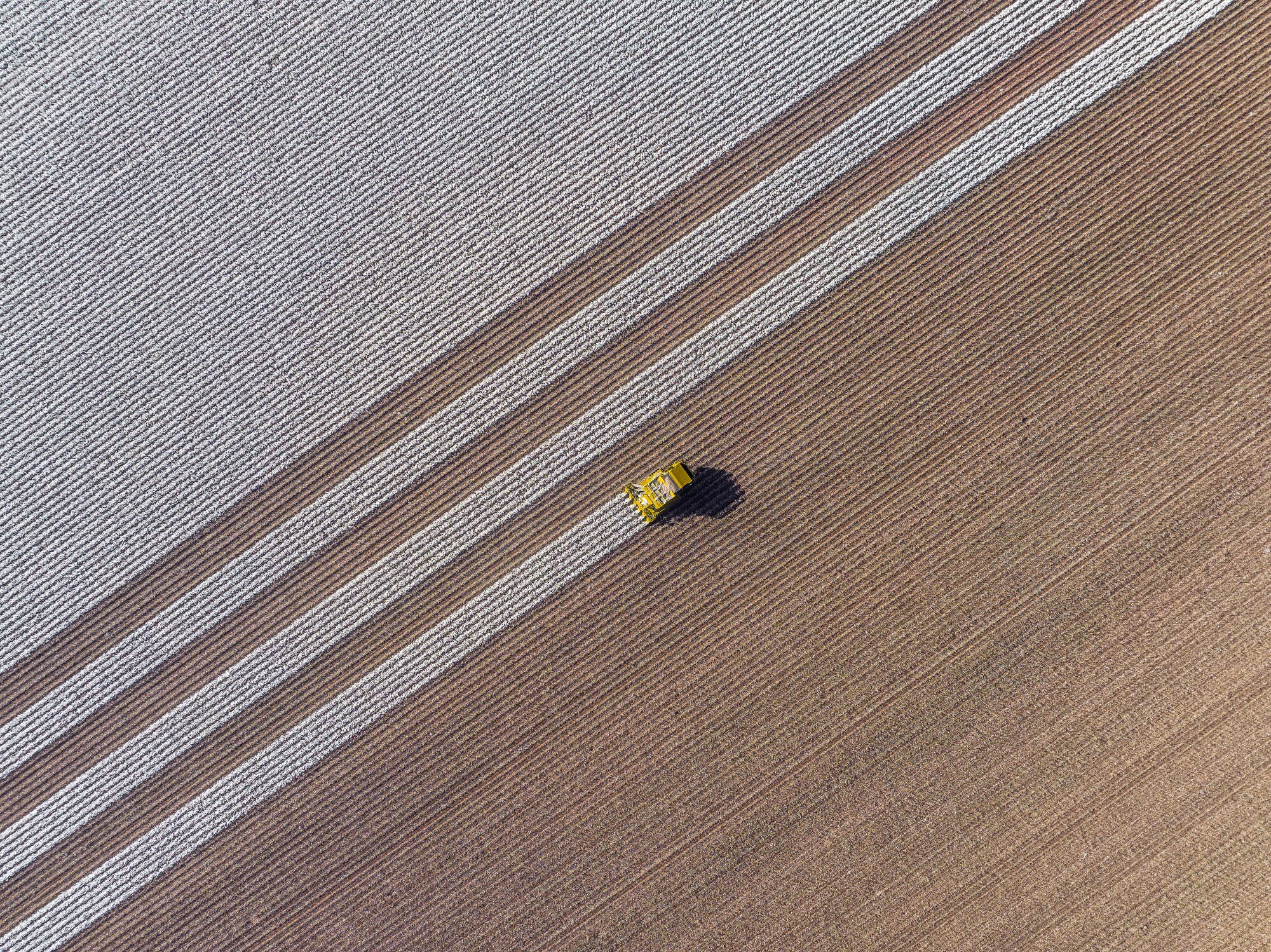
Australia’s hot and dry weather has led to a productivity slump among its biggest crop and livestock operations, with the west of the nation hit by significant 38% decline.
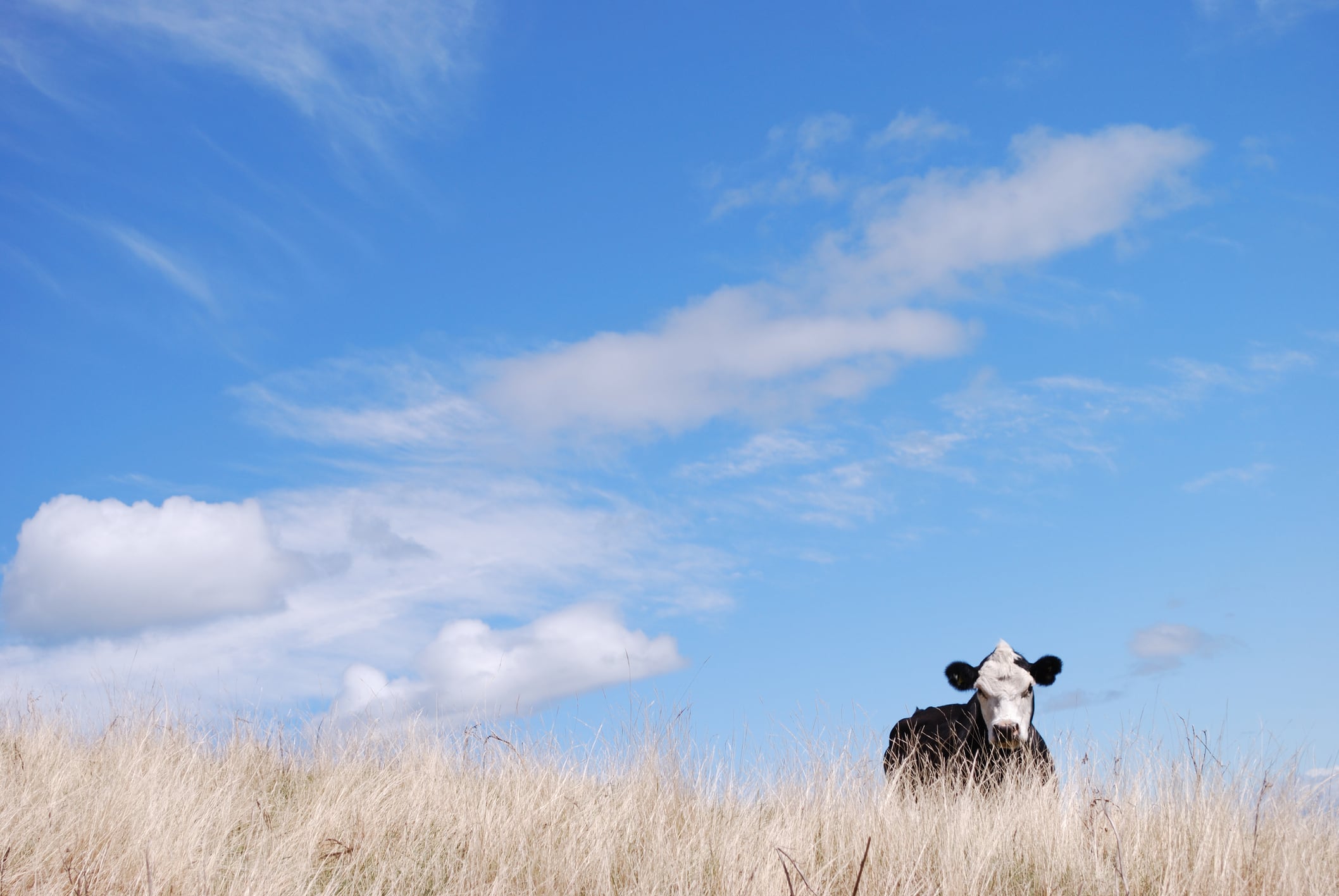
Even milk is vulnerable to rising temperatures

Wase’s microbe-driven tech is an evolution on traditional ADs that benefits anyone from dairies to distilleries
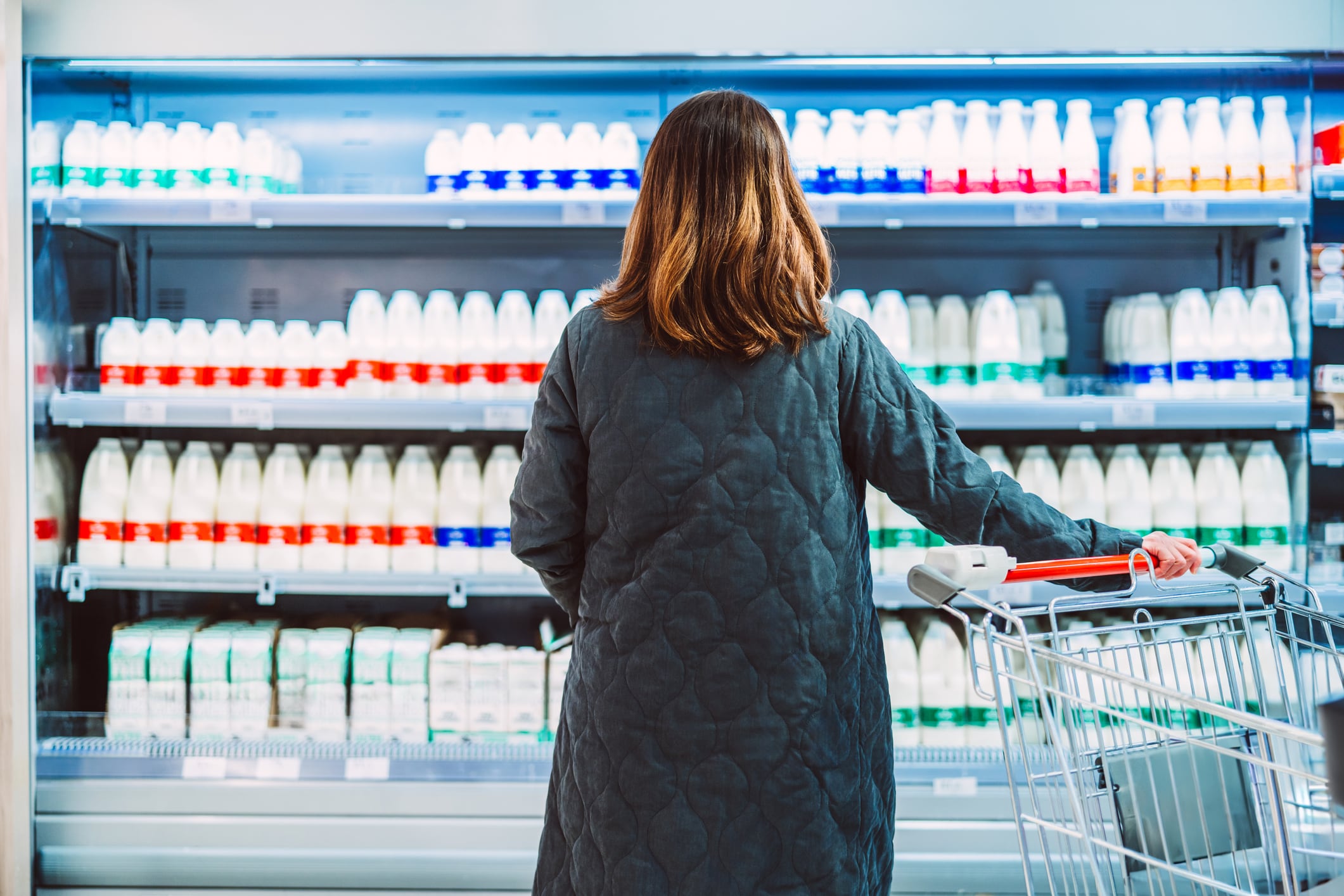
One of Europe’s largest supermarkets is selling hybrid milk alongside traditional dairy at price parity – but will consumers bite? We learn more from PlanetDairy CEO Jakob Skovgaard
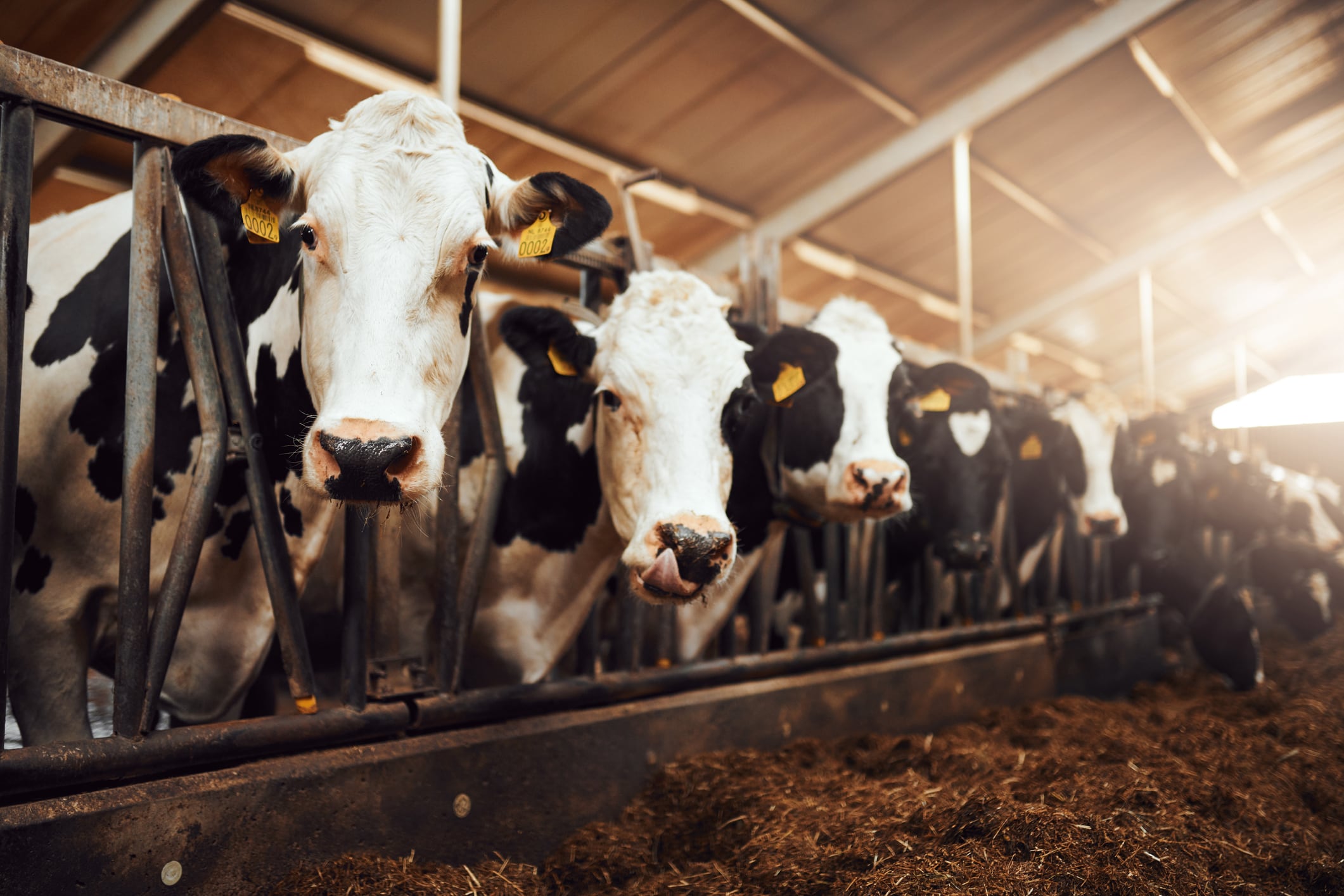
But governments and livestock industry must not swap GWP 100 for GWP* to model the impact of methane - here’s why
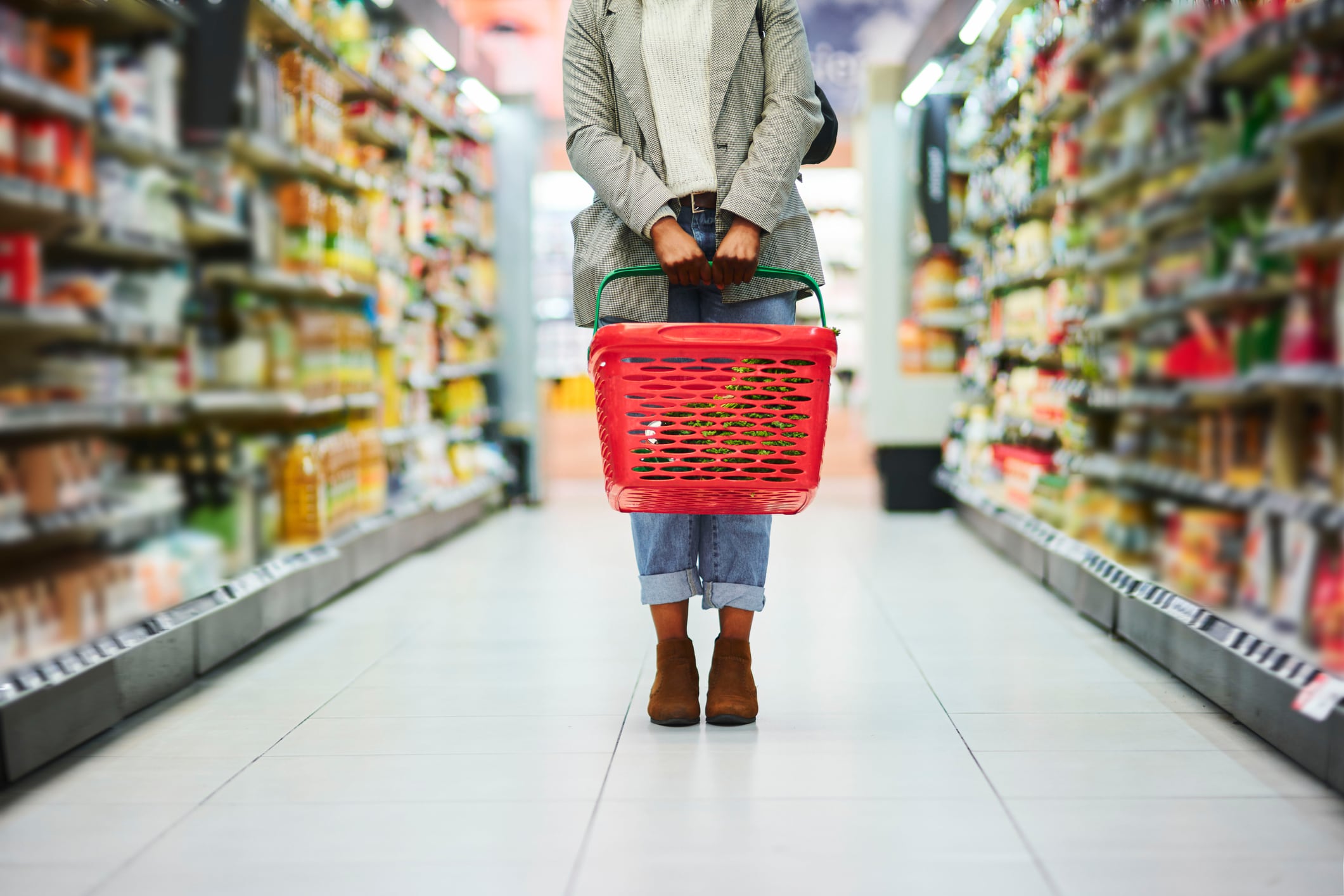
US retailers are underserving high-potential markets for sustainable products by stocking more eco-friendly options in areas dominated by liberal, affluent shoppers, study finds
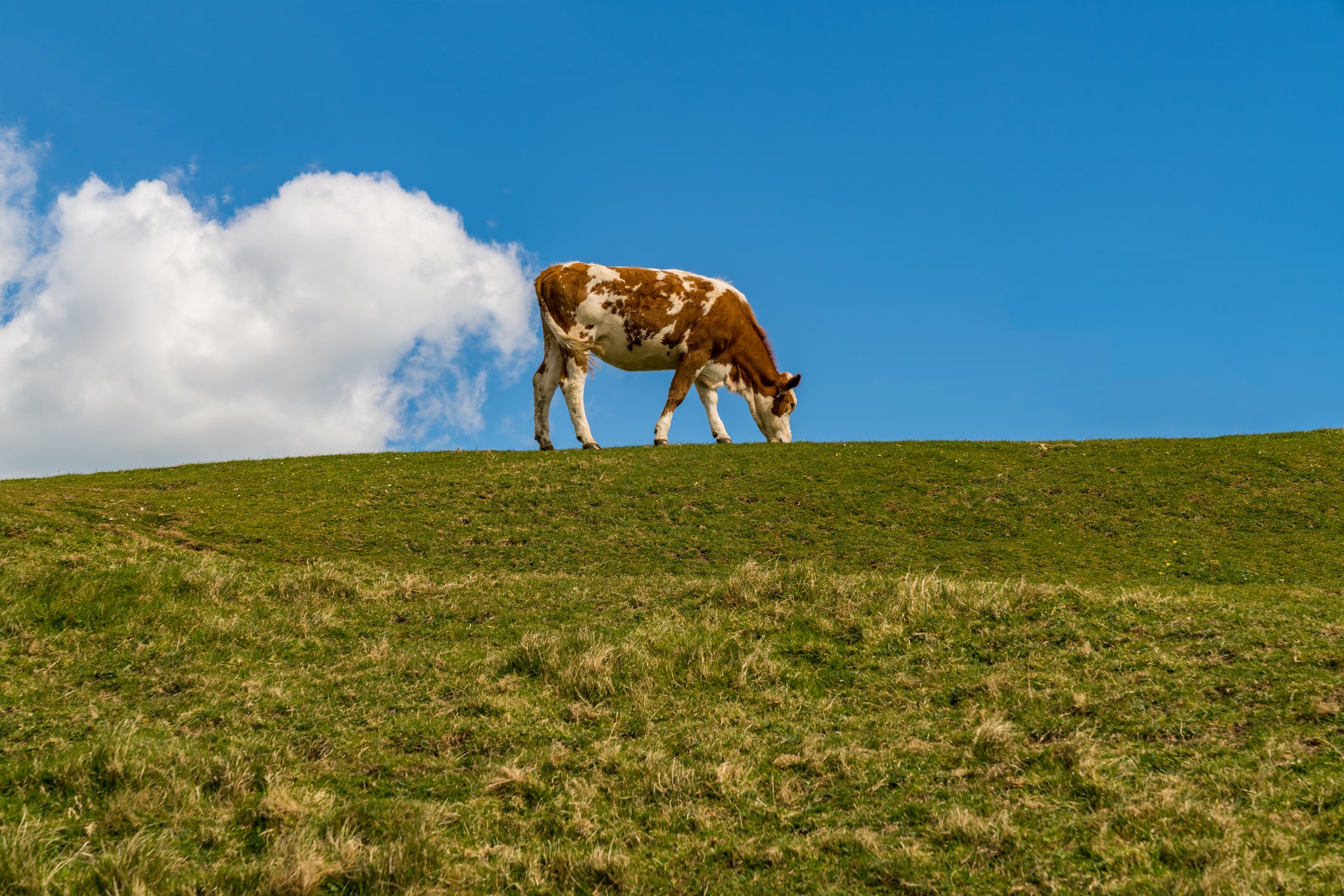
Two of the world’s richest dairy players have pledged to track and disclose their methane emissions - but how are others faring?
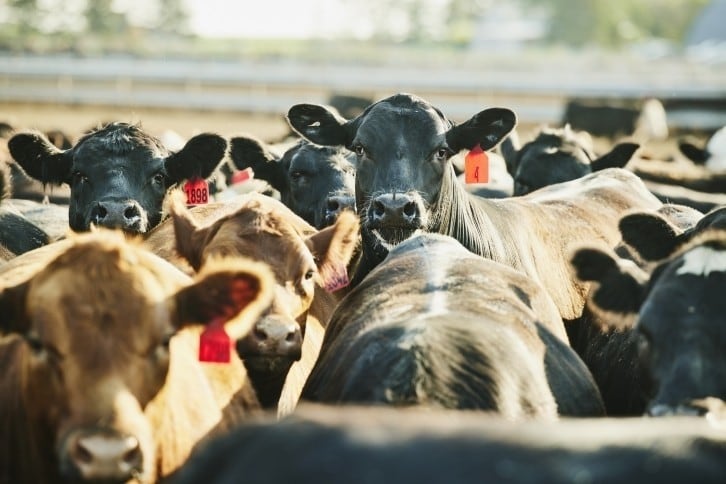
Methane from ruminants is the main greenhouse gas emitted from agriculture, but tackling it at source is complicated. How can businesses get started?

From ‘smelly’ to ‘boring’, how do youngsters perceive the countryside and the role of farmers? A new poll has the answers . . .
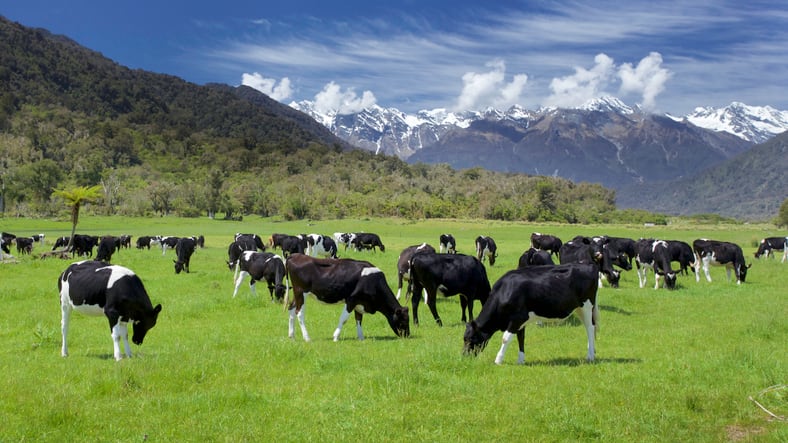
Hoofprint Biome’s solution naturally optimizes the rumen microbiome to produce less methane

Britain is experiencing the driest spring on record, meaning that now is the time to prepare for poor grass yield

Big business should spell out how it’s tackling methane emissions to influence industry discourse, a non-profit says
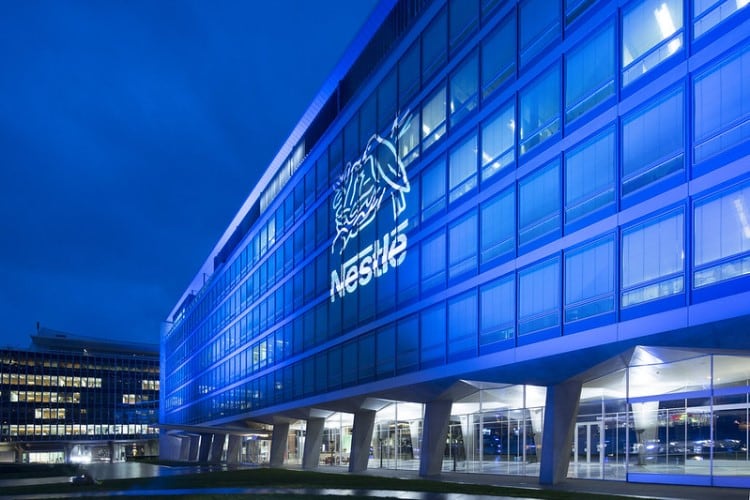
Nestlé is bracing for the impact of global warming - but is also eyeing opportunities for its global brands
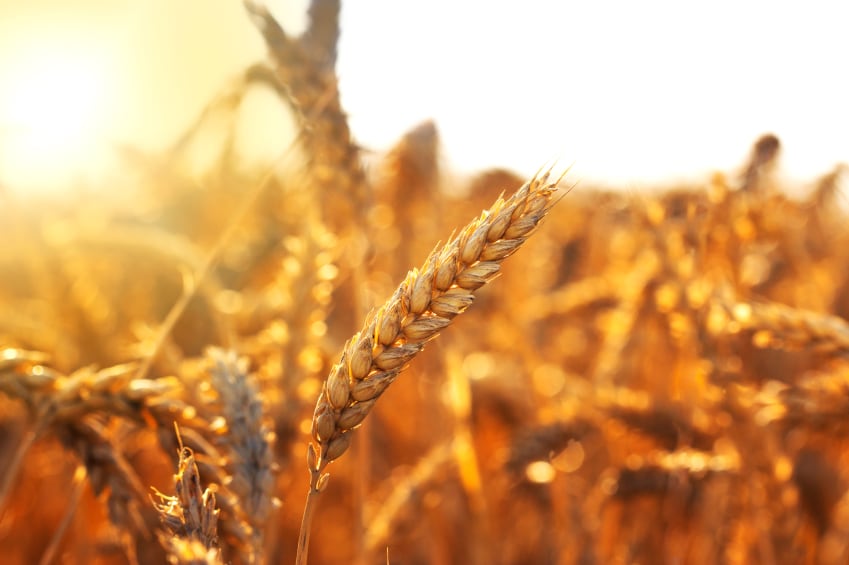
Regenerative agriculture is more than a trend: it’s a fundamental rethink of how we grow, source and sell food. As pressure mounts to deliver food that does more than just taste good, food producers have a pivotal role to play
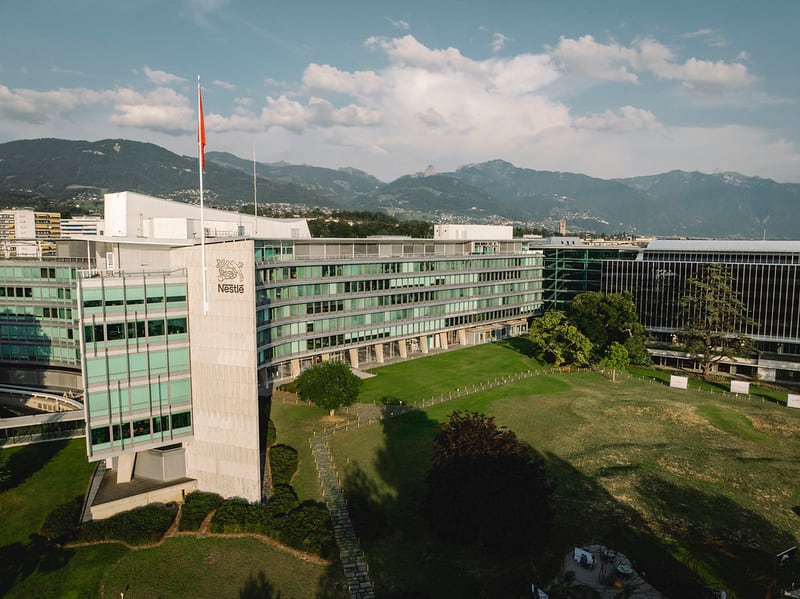
But unlike Danone, the Swiss food major stopped short of adopting a methane-specific GHG reduction target
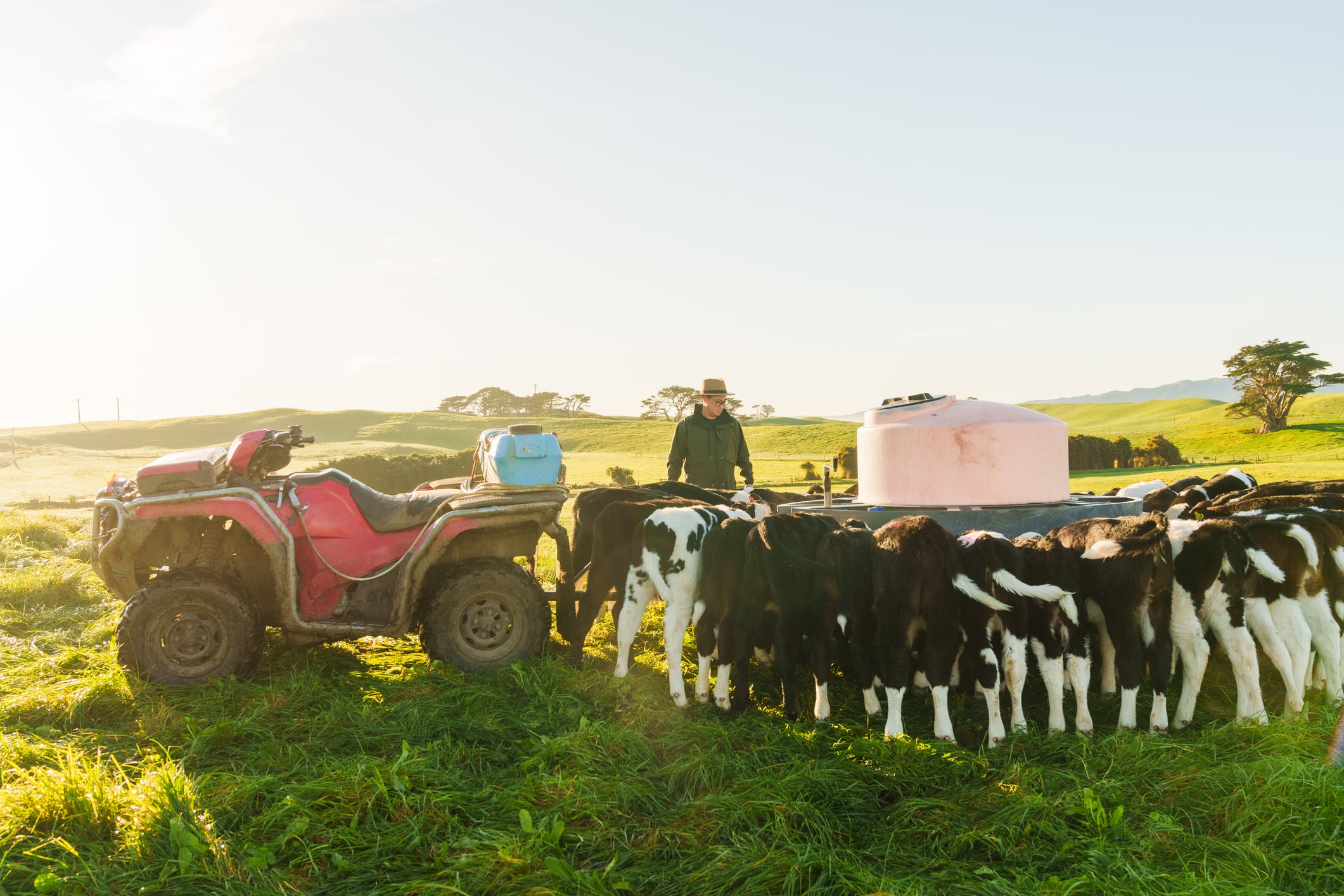
‘Climate risk presents material financial risks to companies and their investors’

Paper adds to growing body of research on synthetic methane inhibitors
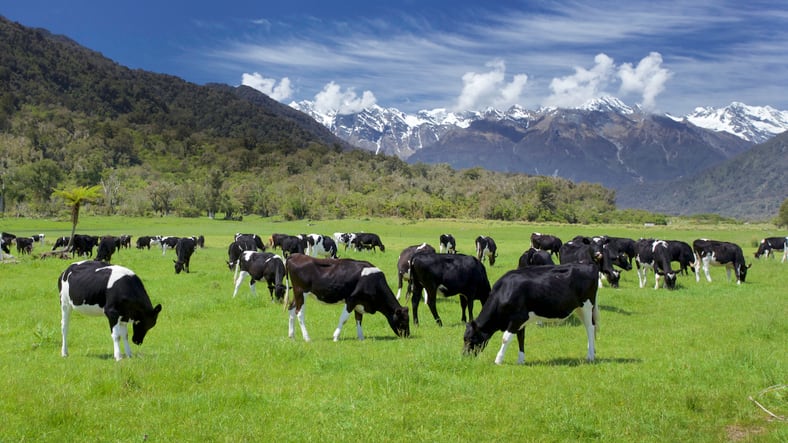
Two of its major customers have backed the New Zealand co-op’s continued GHG emissions reduction efforts with fresh funding – but a long road lies ahead
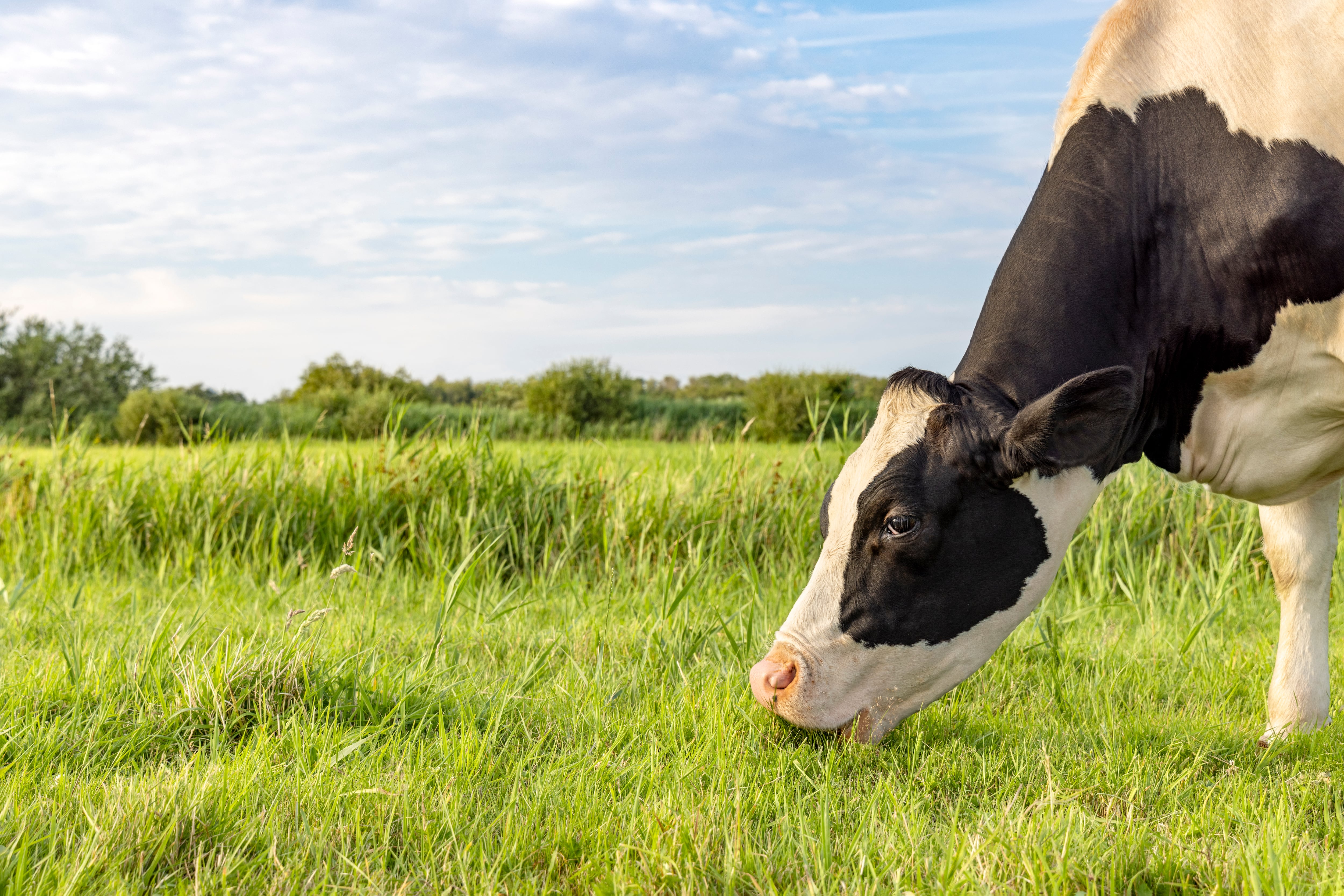
The co-op has cast doubt on the legitimacy of the Changing Markets Foundation report, which exposes its lack of climate action

Omnibus plan framed as a response to energy costs, instability, and shifting sustainability policies.
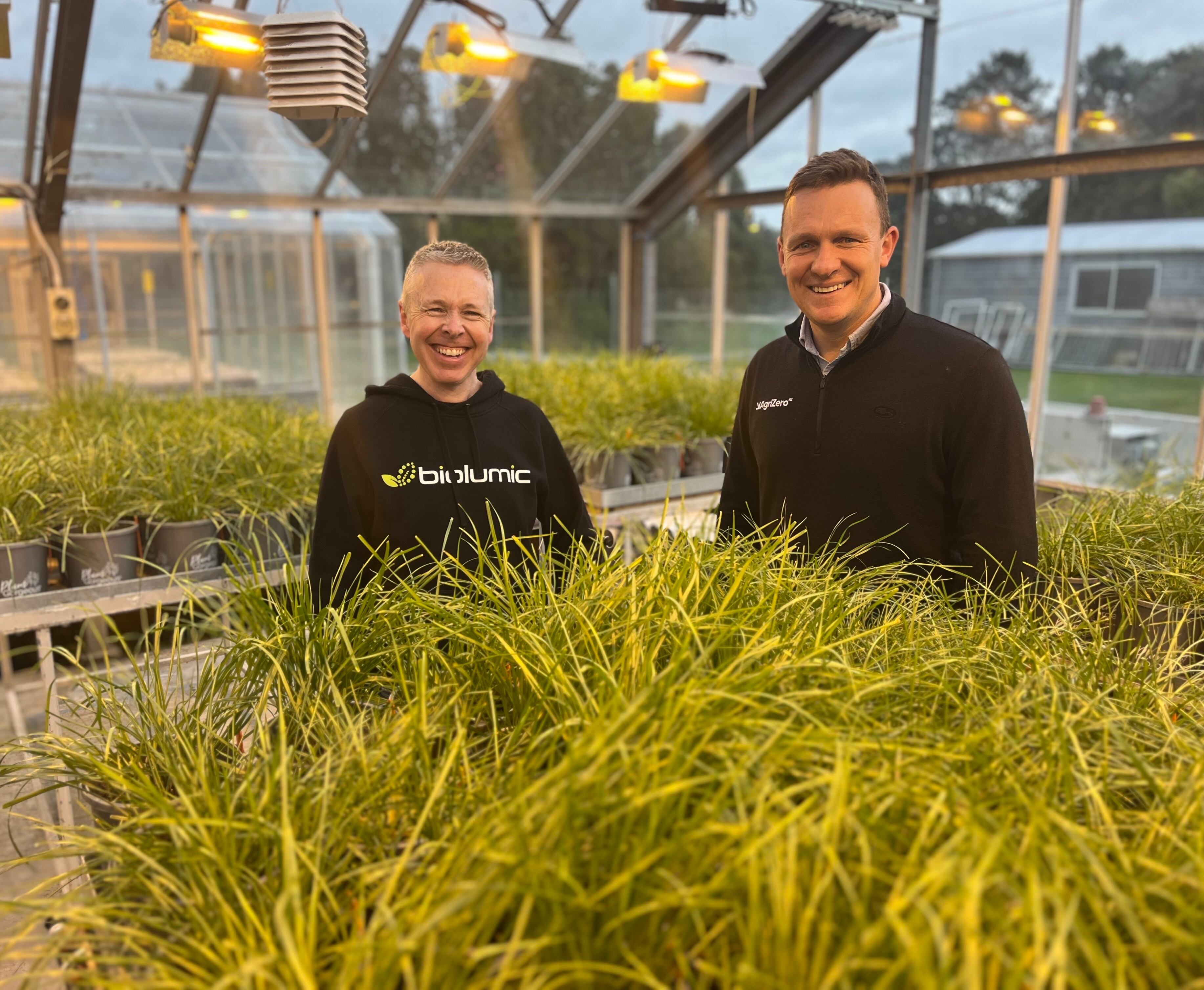
BioLumic has seen major improvements in plant traits using UV technology
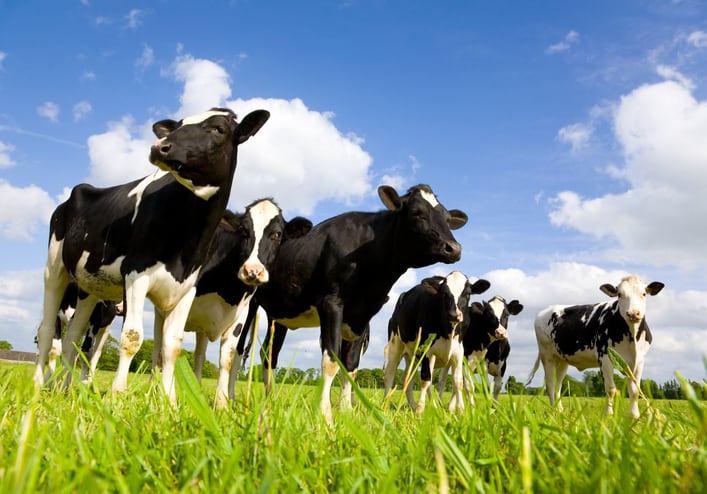
The discovery paves the way for creating potent enteric methane inhibitors that are safer than bromoform
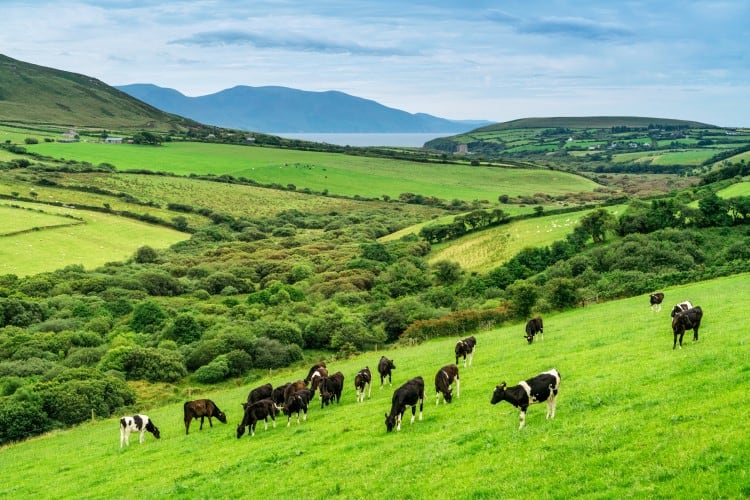
How do sustainable dairy farming systems match-up and what does the future hold for sustainably-produced dairy? We spoke to First Milk, The Ethical Dairy, and the Sustainable Food Trust to find out more

From improving soil health to managing slurry storage, what are some of the key strategies that can drive emissions reductions on farm?
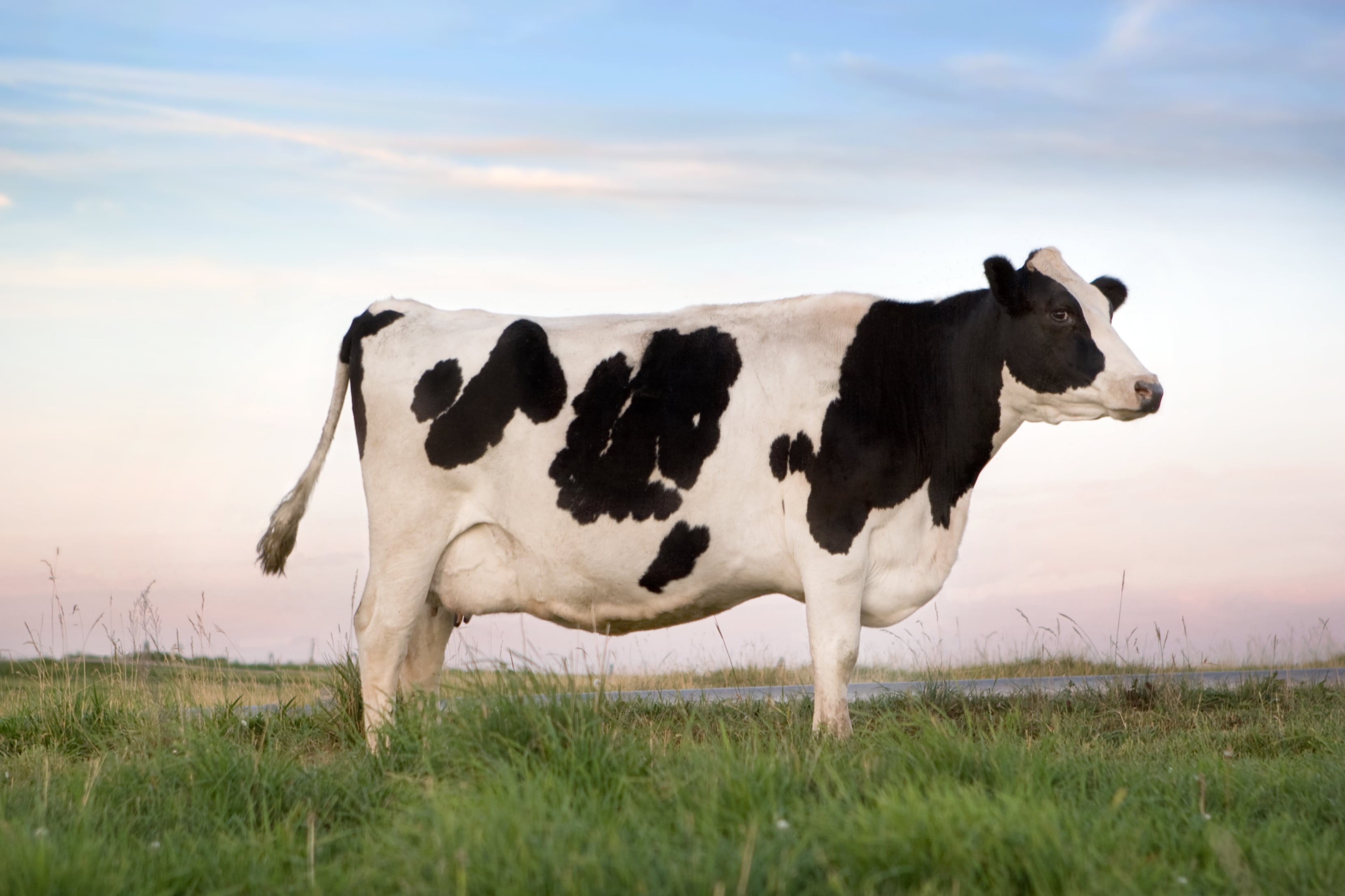
The farm-to-fork life cycle analysis platform now offers dairy producers options to model the effects of different sustainability interventions
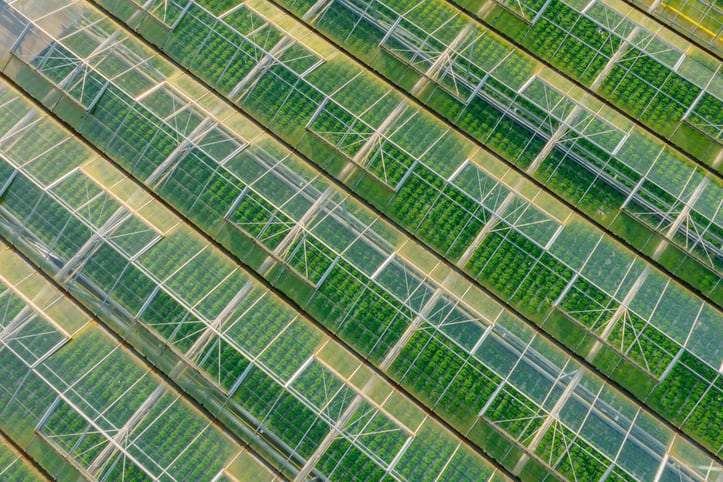
Indigo Ag and Truterra’s new strategic collaboration is aimed at simplifying, expanding and accelerating the adoption of ag sustainability solutions.
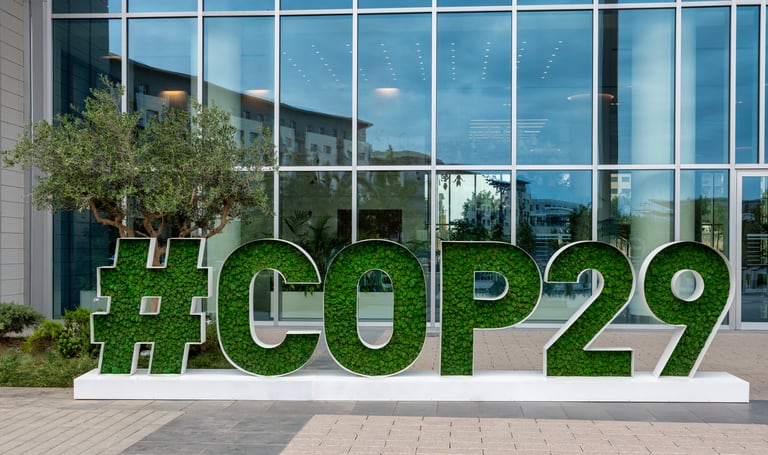
The two largest global climate funds are failing to channel vital financing to grassroots farmer organizations, where it could have the greatest impact, reads a new study.
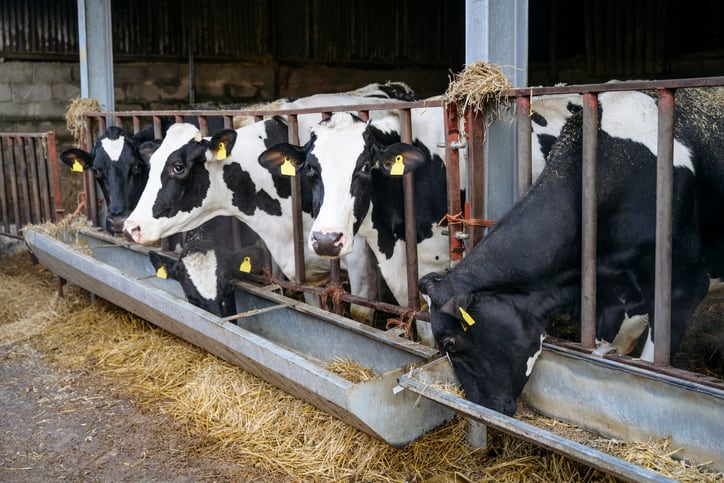
The UK animal feed industry is increasingly focused on supporting sustainable livestock production
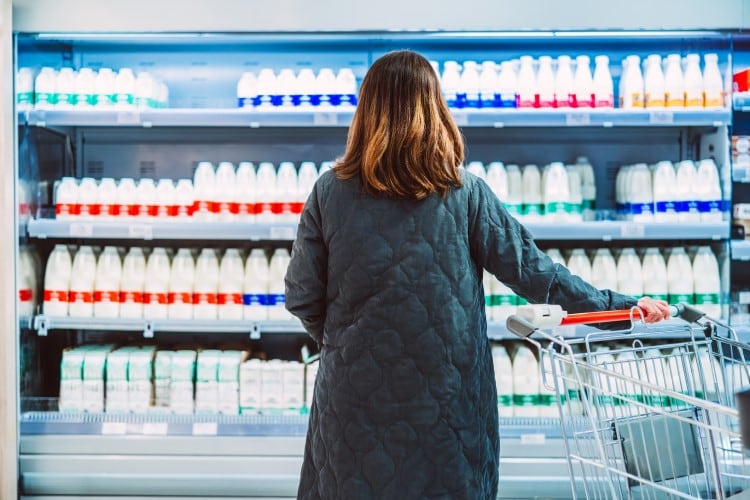
Two of the largest dairy processors in Britain will unite in a sustainability partnership led by grocer Tesco.
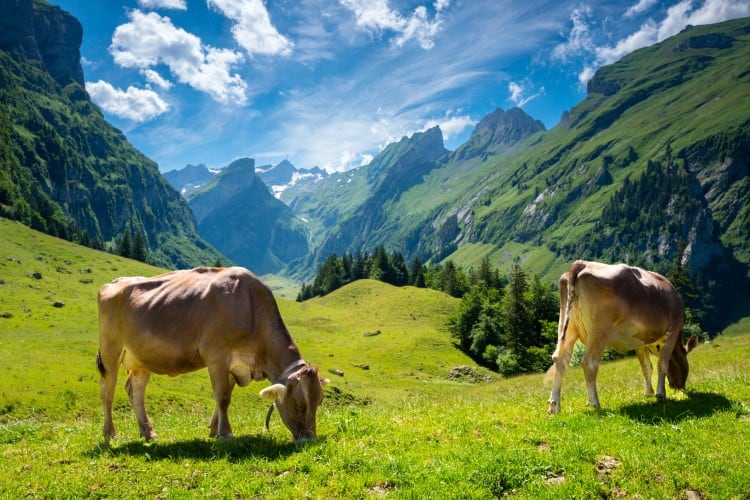
Beef and dairy companies put greater focus on claiming lower emissions through regenerative ag practices over embracing the concept holistically, a new report has found.
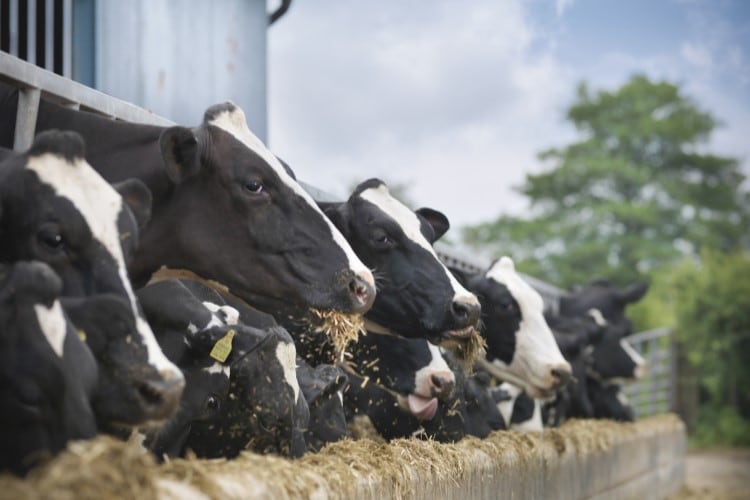
The dairy major aims to cut feed procurement-related emissions by leveraging a lysine supplement on farms across four continents.
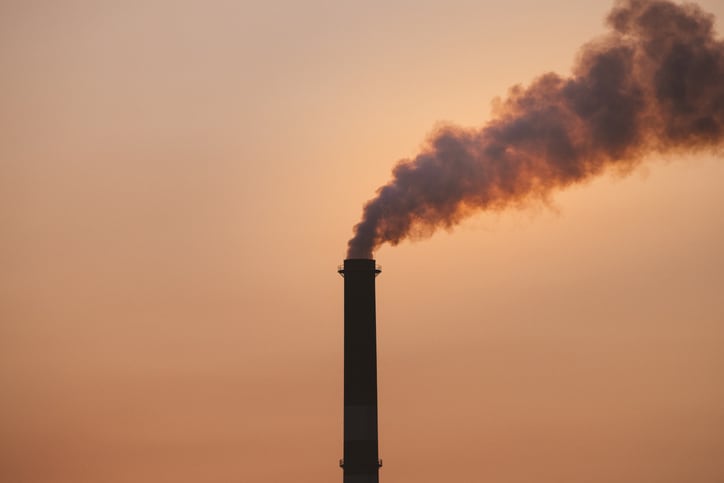
Food giants are still lagging in their decarbonisartion efforts to meet high-level climate targets, according to analysis.
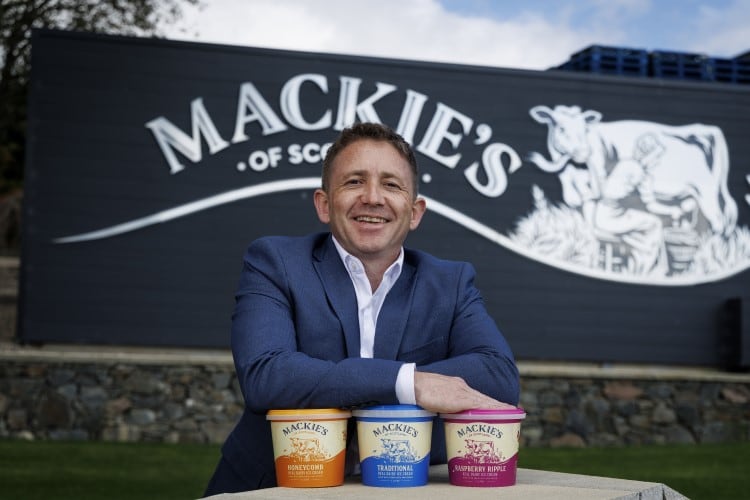
The British ice cream brand has brought in key new hires as it aims to expand its market reach beyond the UK. Paul Henshaw, head of operations, talks to Dairy Reporter.
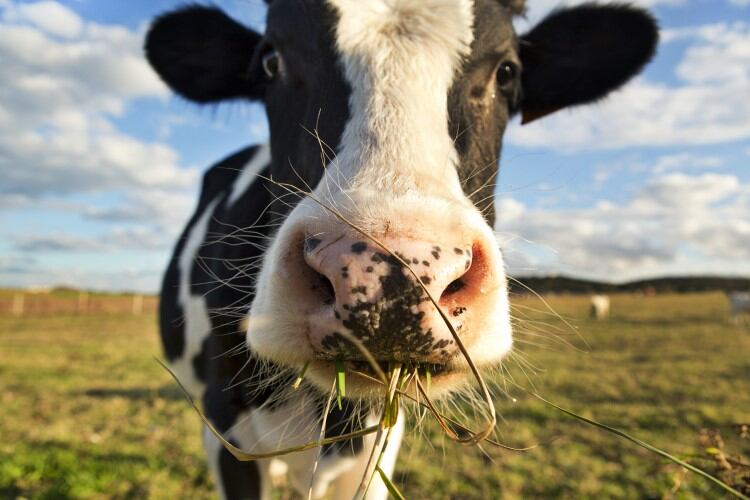
The dsm-firmenich-produced feed additive is being trialed in several Asian markets: here’s how things stand.
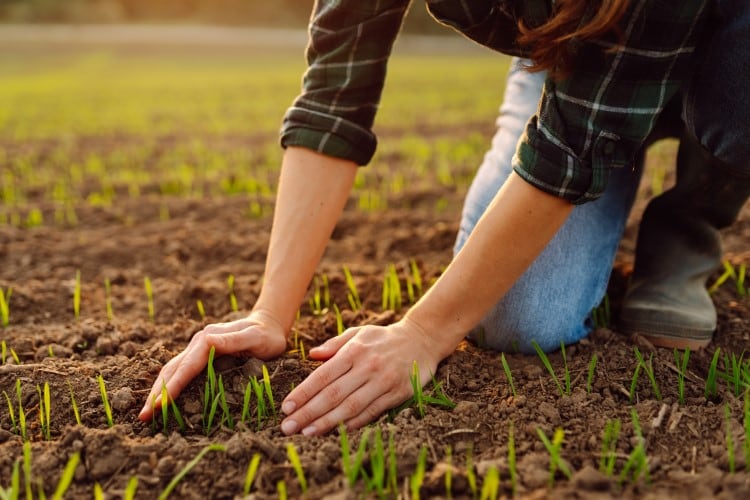
The dairy soils programs launched by Truterra, Land O’Lakes’ sustainability business, can bring benefits to both suppliers and eco-conscious food manufacturers alike.